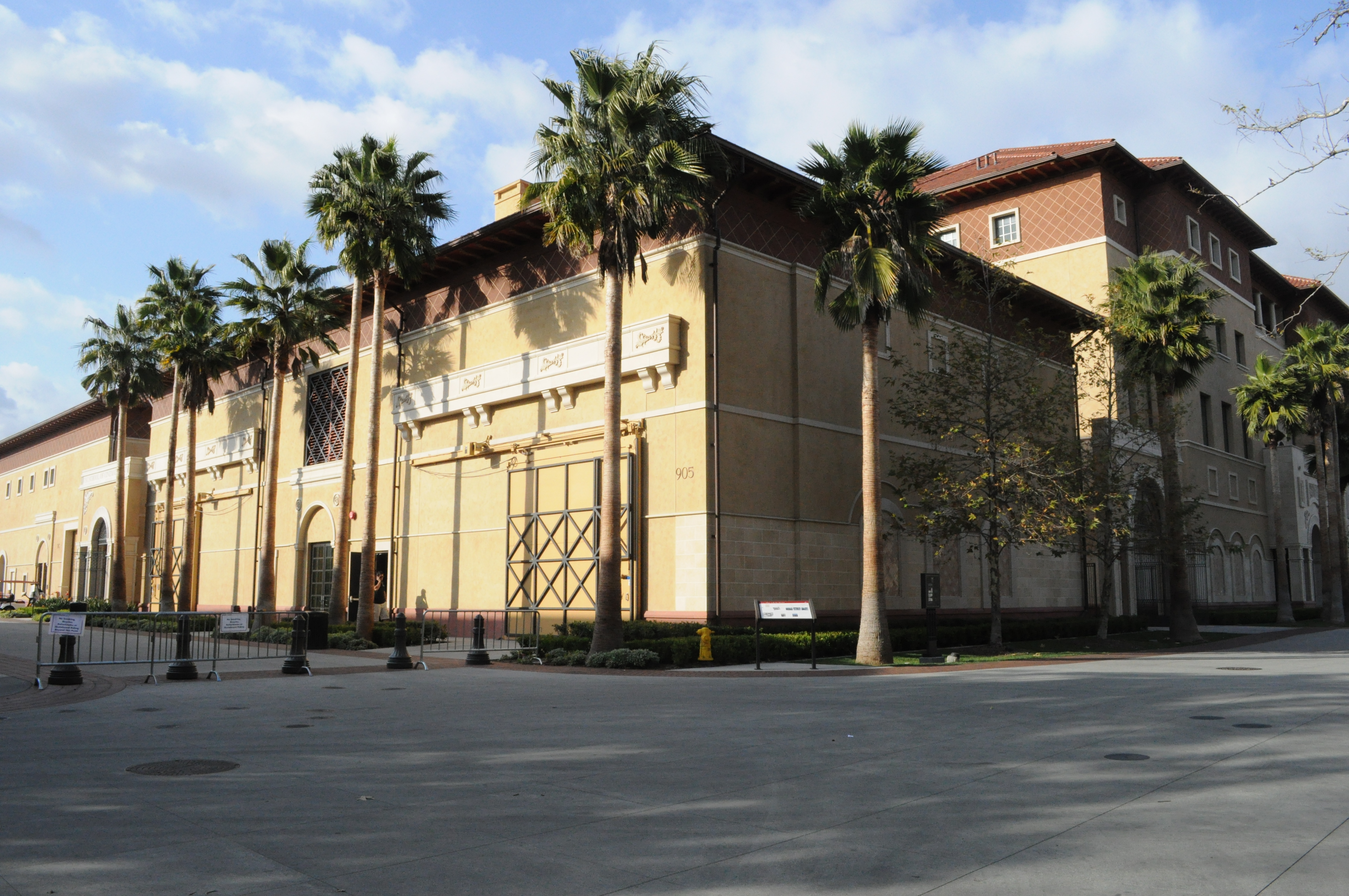The Pinnacle of Film Education A Guide to the Best Film Schools Worldwide

Best Film Schools Worldwide. Embarking on a journey into the world of cinema often begins with an important decision: choosing the right film school. This choice can profoundly affect a filmmaker’s career trajectory and artistic voice. Far beyond mere technical training, the ideal film school cultivates creativity, storytelling acumen, critical thinking, and collaborative skills essential for success in a dynamic industry. Movie-making isn’t solely about cameras or scripts; it’s intricately linked to cultural contexts, international cinema traditions, and innovation pushing boundaries.
Not every film school offers equal opportunity, and while many institutions boast prestigious alumni or state-of-the-art facilities, understanding their unique offerings is crucial. For instance, schools like the American Film Institute (AFI) consistently rank at the top for their hands-on approach and holistic rigor. Similarly, the University of Southern California (USC) School of Cinematic Arts, with its extensive connections to Hollywood, provides a fertile ground for aspiring filmmakers who wish to straddle both commercial success and artistic integrity.
Leading Institutions in Film Education

A global network of film schools shapes the future of cinema, each with a distinct approach to nurturing the next generation of filmmakers. These institutions offer diverse pathways to cultivate creativity, technical expertise, and artistic vision, providing students with an invaluable foundation for their cinematic journey. Exploring the offerings of these renowned film schools can help prospective students identify the perfect fit for their aspirations and ambitions.
Best Film Schools Worldwide – American Film Institute (AFI)

Touted as one of the best globally, AFI’s curriculum balances artistic training with practical experience. It’s not merely about filmmaking; it’s about the evolution of visual storytelling. Competition at AFI is fierce, akin to entering the gladiatorial arena of cinematic arts where only the truly passionate thrive.
AFI’s commitment to hands-on learning is evident in its immersive and rigorous program. Students are immersed in a collaborative environment, working on projects from pre-production to post-production, gaining a deep understanding of the entire filmmaking process. The institution offers specialized programs in areas like directing, producing, cinematography, editing, and screenwriting, allowing students to focus on their specific interests and develop their skills within their chosen field. AFI’s faculty comprises renowned industry professionals, providing invaluable insights and mentorship. This direct connection to seasoned filmmakers ensures that students learn from those who have thrived in the industry.
University of Southern California (USC)

USC isn’t just a school; it’s a cinematic powerhouse. With alumni that include legends like George Lucas and John Singleton, students are immersed in an environment that fosters creativity while offering vital networking opportunities in Los Angeles’ bustling film industry. It presents a rich tapestry where students weave dreams into reality, making it an ideal launchpad for careers that strive for impact.
USC’s School of Cinematic Arts boasts state-of-the-art facilities, including a renowned film library, sound stages, and editing suites. These resources provide students with the tools and technology necessary to realize their cinematic visions. USC’s program offers a diverse range of filmmaking options, allowing students to explore various genres and styles. Whether they are passionate about documentaries, feature films, or animation, USC provides the framework for fulfilling their artistic aspirations.
New York University Tisch School of the Arts

An incubator for artistic innovation, NYU’s Tisch program emphasizes interdisciplinary approaches. By pairing theory with practice and encouraging exploration outside of conventional boundaries, it shapes filmmakers who aren’t afraid to challenge norms and embrace new narratives that resonate with diverse audiences.
NYU Tisch fosters a vibrant community of artists, fostering collaboration and intellectual exchange among students from various artistic disciplines. The program’s focus on interdisciplinary perspectives encourages students to explore new ways of storytelling and create unique and impactful films. This interdisciplinary approach prepares students for an ever-evolving media landscape, where the lines between traditional filmmaking and emerging technologies are blurring.
A Global Perspective
The pursuit of film education transcends geographical boundaries, with institutions worldwide offering distinct and captivating experiences. Each of these film schools embodies its unique cultural milieu, drawing upon local traditions and perspectives to shape its curriculum and foster a vibrant and engaging learning environment.
Beijing Film Academy

The Beijing Film Academy, a prominent institution in Chinese cinema, blends traditional cinematic storytelling with contemporary techniques. The academy is renowned for its rigorous curriculum, which emphasizes the historical context and cultural significance of Chinese cinema.
Students at the Beijing Film Academy are exposed to a wealth of knowledge about the history and development of Chinese filmmaking, allowing them to understand the evolution of the national cinema and its impact on global film culture. The academy’s curriculum also emphasizes the use of traditional film techniques, ensuring that students understand the foundation of cinema before venturing into new technologies. The Beijing Film Academy offers a unique perspective on filmmaking, grounded in the rich heritage and innovative spirit of Chinese cinema.
Royal Holloway, University of London

Royal Holloway, University of London, encourages creative experimentation and innovation within its film program. Located within the historical and artistic hub of London, Royal Holloway offers students access to a vibrant cultural landscape, influencing their creative outlook.
The program at Royal Holloway emphasizes independent filmmaking, encouraging students to explore experimental and unconventional approaches to storytelling. The program’s focus on artistic expression allows students to develop unique styles and experiment with different narrative forms, embracing the freedom to explore a diverse range of cinematic possibilities.
International Variety

Beyond these well-regarded institutions, other globally respected film schools contribute significantly to the cinematic landscape, each with a distinct focus and approach.
- National Film School of Denmark: Known for its innovative and experimental curriculum, the National Film School of Denmark nurtures filmmakers who push boundaries and challenge conventions.
- La Fémis (France): As a prestigious film school in France, La Fémis is renowned for its rigorous training and its focus on classical filmmaking techniques.
- The Film and Television School of the Academy of Performing Arts (Czech Republic): With its emphasis on practical training and collaboration, the Film and Television School of the Academy of Performing Arts equips students with the skills and knowledge necessary to thrive in the dynamic industry.
- Canadian Film Centre: The Canadian Film Centre offers a unique learning experience, combining practical training with mentorship from established filmmakers.
- The Australian Film Television and Radio School (AFTRS): AFTRS focuses on developing dynamic filmmakers equipped to navigate a rapidly changing media landscape.
Evolving Trends

As technology rapidly changes the landscape of film production and distribution, elite institutions are adapting accordingly, incorporating digital media studies and coding alongside traditional filmmaking techniques. This shift reflects a growing recognition of the importance of tech-savvy filmmakers in an industry increasingly defined by digital streams and virtual realities.
Digital Media Studies

Most top film schools are recognizing the growing importance of digital media studies and incorporating comprehensive programs in this area. These programs explore emerging technologies and immersive storytelling formats, preparing filmmakers for the dynamic media landscape.
These programs delve into areas such as:
- Advanced animation techniques
- Virtual reality production
- Augmented reality storytelling
- Interactive filmmaking
- Digital film distribution strategies
Coding and Filmmaking

The fusion of coding and filmmaking has created a new wave of innovative storytelling. Students are exposed to the technical aspects of filmmaking, gaining practical skills in:
- Developing interactive film experiences: Students learn to program interactive elements into their films, creating immersive and engaging experiences for audiences.
- Real-time production pipelines: Students explore real-time rendering and compositing techniques, enabling the creation of dynamic and visually stunning content.
- Film distribution platforms: Students learn to create and manage their digital distribution platforms, including websites, streaming services, and social media channels.
- Artificial Intelligence and Filmmaking: Students are beginning to explore the potential of artificial intelligence in filmmaking, including script-writing, visual effects, and character animation.
Crafting Unique Visions

Choosing the right film school is analogous to selecting a canvas for a masterpiece. Just as an artist must find inspiration from their surroundings, aspirant filmmakers need an environment tailored to nurture their distinctive voices and visions. Do they envision producing large-scale blockbusters? Schools like UCLA might cater directly to these ambitions. Or do they see themselves crafting avant-garde independent films? Smaller programs dedicated to individual mentorship may prove more auspicious.
Identifying Your Focus
Prospective students should consider the following questions:
- What type of filmmaker do I aspire to be?
- What genres or themes am I most passionate about exploring?
- What kind of learning environment will best support my creative process?
- What are my long-term career goals?
Choosing the Right Fit

Beyond technical skills, film schools provide a community that supports and empowers students. Students find mentors and collaborators, fostering an environment of creativity and innovation. Film schools equip students with the critical thinking skills essential for creating impactful and thought-provoking films. Students learn to analyze narratives, deconstruct tropes, and develop unique perspectives on storytelling.
Conclusion

The journey towards becoming a filmmaker is a dynamic and enriching experience. Choosing the right film school is crucial, providing students with the foundation, mentorship, and resources essential for their creative journeys. Whether navigating the vibrant film communities in Los Angeles, New York City, or exploring the distinct cultural perspectives offered in international institutions, the best film schools provide a pathway to create compelling and impactful stories. As the global film landscape continues to evolve, these institutions will remain at the forefront, empowering students to tell stories that resonate with both historical contexts and contemporary realities.




